Cleanse Your Liver with These Natural Infusions
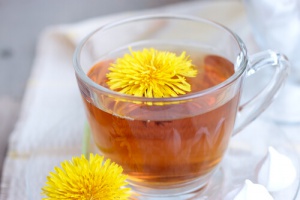

Written and verified by the doctor Nelton Abdon Ramos Rojas
The liver is an indispensable organ that we depend on to eliminate bacteria, toxins, viruses, pesticides, medications, and other elements that are harmful to the body.
It is normal for it to become “blocked” and require a cleanse.
But how do you cleanse your liver? Infusions are a great natural remedy to do so. We’ll explain.
Normally, biological medicine says that the first step for treating any illness is to detoxify. This establishes a more healthy balance.
So in order to prevent falling ill from some sort of liver disease, you absolutely must perform a cleanse once or twice a month using plants that provide nature’s wisdom.
So how about we give it a try?
Read also: Liver Cleanse Diet
How do I know when I need a liver cleanse?

When your liver is loaded with toxins, inflamed, or blocked by substances that prevent it from fulfilling its normal functions, you will generally have the following symptoms:
- Heaviness in the abdominal region
- Lack of appetite
- The food you eat makes you feel ill, nauseated, unwell…
- You may suffer from diarrhea.
- It is also common to experience episodes involving fever, an unmistakable sign that something is amiss in the body, that inflammation is present.
- Intestinal gas
- Headaches
- Pain surrounding the liver (remember that the liver is directly below the diaphragm, on the right upper side).
- Skin breakouts
- Bad breath
Recommended infusions for cleansing the liver
Artichoke infusion
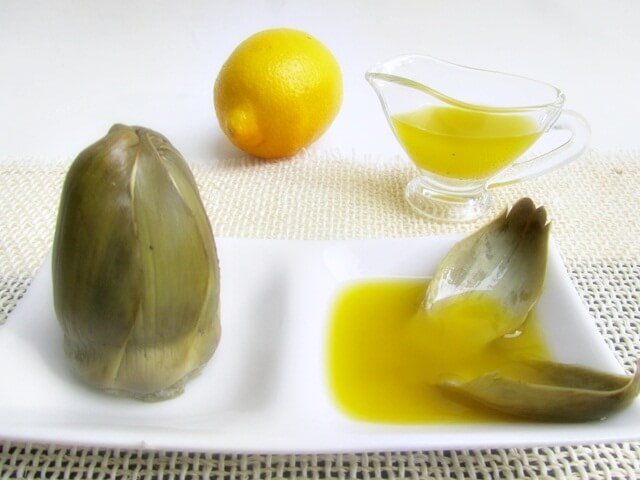
This helps to protect the liver, to cleanse it and to treat illnesses related to it.
This infusion is rich in folic acid, vitamin A1, vitamin B1, vitamin C, as well as magnesium, phosphorus, calcium, iron, potassium, zinc and dietary fiber.
It is a wonderful resource, good for the mornings, at least 5 days straight and every 15 days. This will regularly cleanse your liver.
Directions:
- All you need to do is boil two dried artichoke leaves and boil them in one cup of water. Let the infusion set for 15 minutes and drink it slowly. If you are suffering from some sort of liver disease, you can drink it up to 3 times a day.
Milk thistle infusion
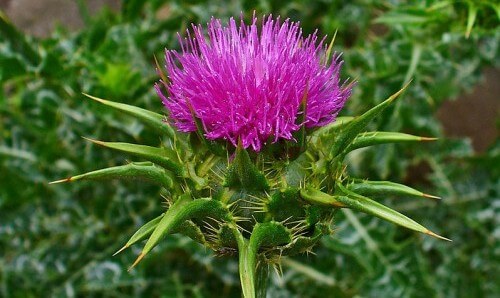
Milk thistle’s secret lies in its seeds. They contain silymarin in the flavonoid family, that acts as an antioxidant.
It promotes liver regeneration, facilitates the digestion of fats and prevents toxic substances from entering liver cells.
It is a very appropriate and necessary resource for detoxing.
Directions
- Milk thistle seeds can be found in any health food store. It is one of the most frequently sold natural components, although we should mention that you won’t receive 100% of its benefits via an infusion, because silymarin is an active ingredient that is not water-soluble.
- Specialist recommends taking capsules or pills. At any rate, if you want to make an infusion, just fill a small soup spoon with milk thistle seeds, crush them up and pour them into a cup of boiling water. Let sit for 20 minutes.
Read also: 9 Properties of Wormwood for Liver Health
Sage infusion
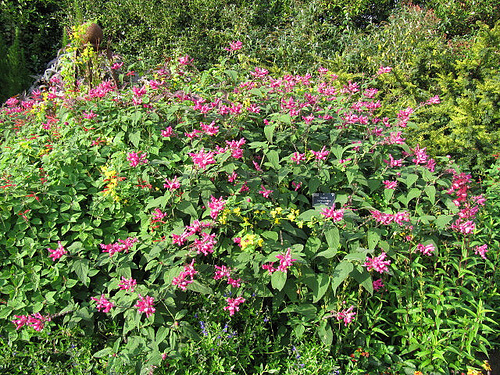
A sage infusion is perfect for eliminating toxins, alleviating liver discomforts and for cleansing it. Drink it after meals.
Directions
- Sage is easily found. A lot of people grow their own medicinal herbs and this plant is commonly found among them. You could also find it in stores.
- Prepare a sage infusion with 4 grams of leaves and flowers per cup of boiling water. Afterward, let it sit for 15 minutes.
Dandelion infusion
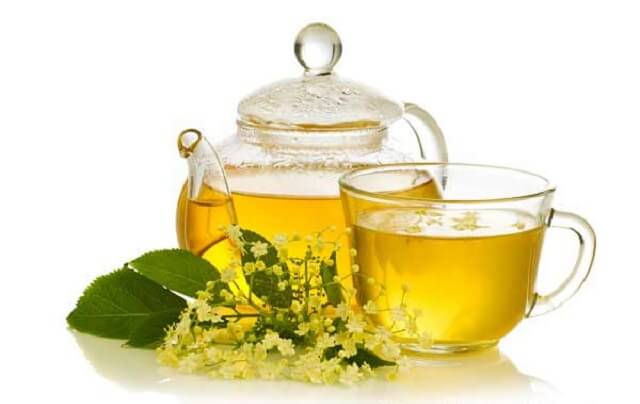
You can also drink it in the afternoon, or even after meals, which will also aid digestion.
Directions
- All you need to do is add a small handful of dried leaves and flowers. Boil in one cup of water and let set. Drink up to two cups a day.
Boldo infusion

Boldo infusions have digestive properties, they care for the stomach, intestines, and most of all, they protect the liver. It is a wonderful ally.
Preparation
- This plant can also be found in health food stores. It is easy to prepare, all you need to do is place one teaspoon of dried leaves in one cup of boiling water. Let it sit and drink after meals.
All cited sources were thoroughly reviewed by our team to ensure their quality, reliability, currency, and validity. The bibliography of this article was considered reliable and of academic or scientific accuracy.
- López-Molina, D., Navarro-Martínez, M. D., Melgarejo, F. R., Hiner, A. N. P., Chazarra, S., & Rodríguez-López, J. N. (2005). Molecular properties and prebiotic effect of inulin obtained from artichoke (Cynara scolymus L.). Phytochemistry. https://doi.org/10.1016/j.phytochem.2005.04.003
- Flick, U. (2014). The SAGE Handbook of Qualitative Data Analysis. The SAGE Handbook of Qualitative Data Analysis. https://doi.org/10.4135/9781446282243
- Tamayo, C., & Diamond, S. (2007). Review of clinical trials evaluating safety and efficacy of milk thistle (Silybum marianum [L.] Gaertn.). Integrative Cancer Therapies. https://doi.org/10.1177/1534735407301942
This text is provided for informational purposes only and does not replace consultation with a professional. If in doubt, consult your specialist.








